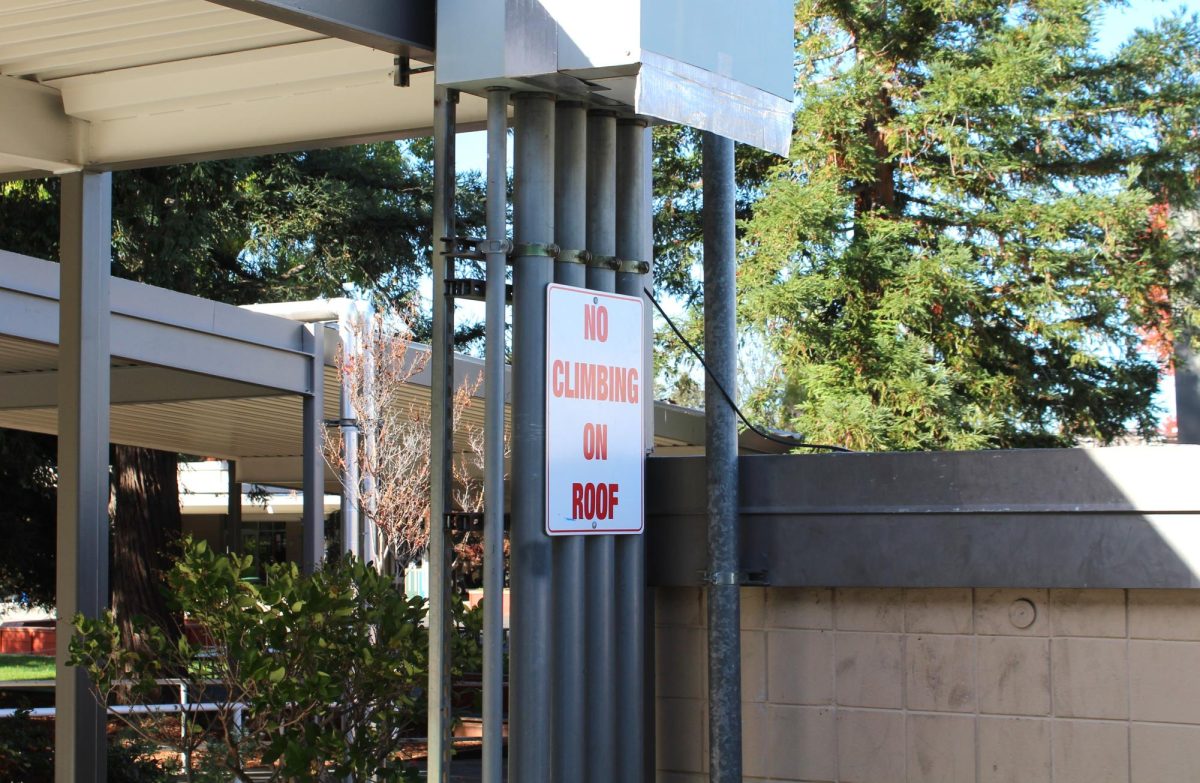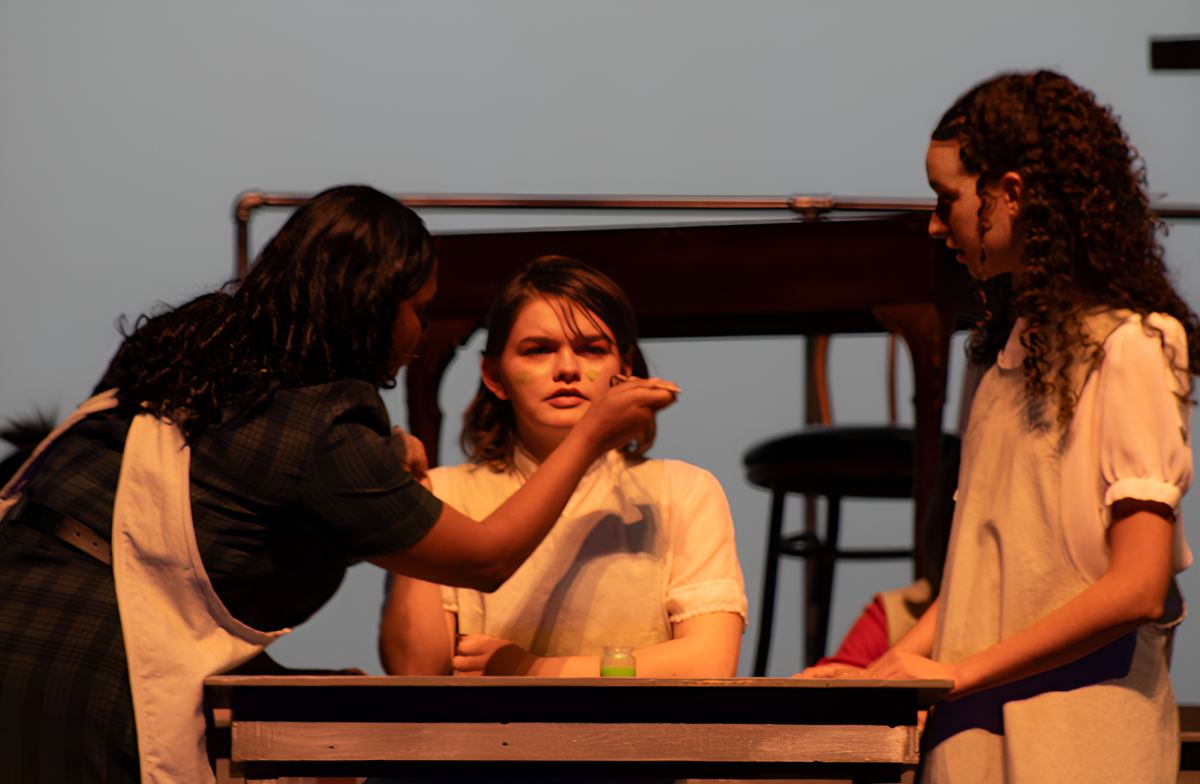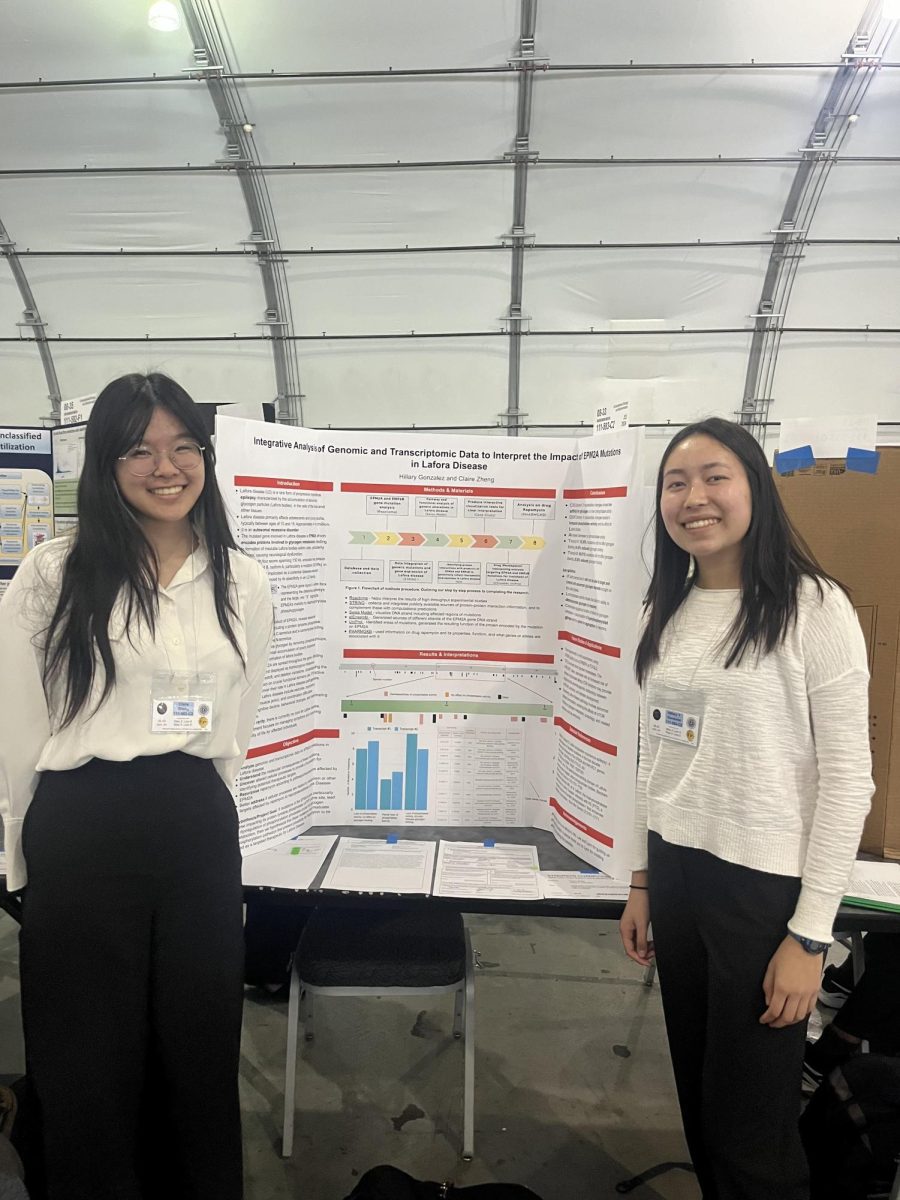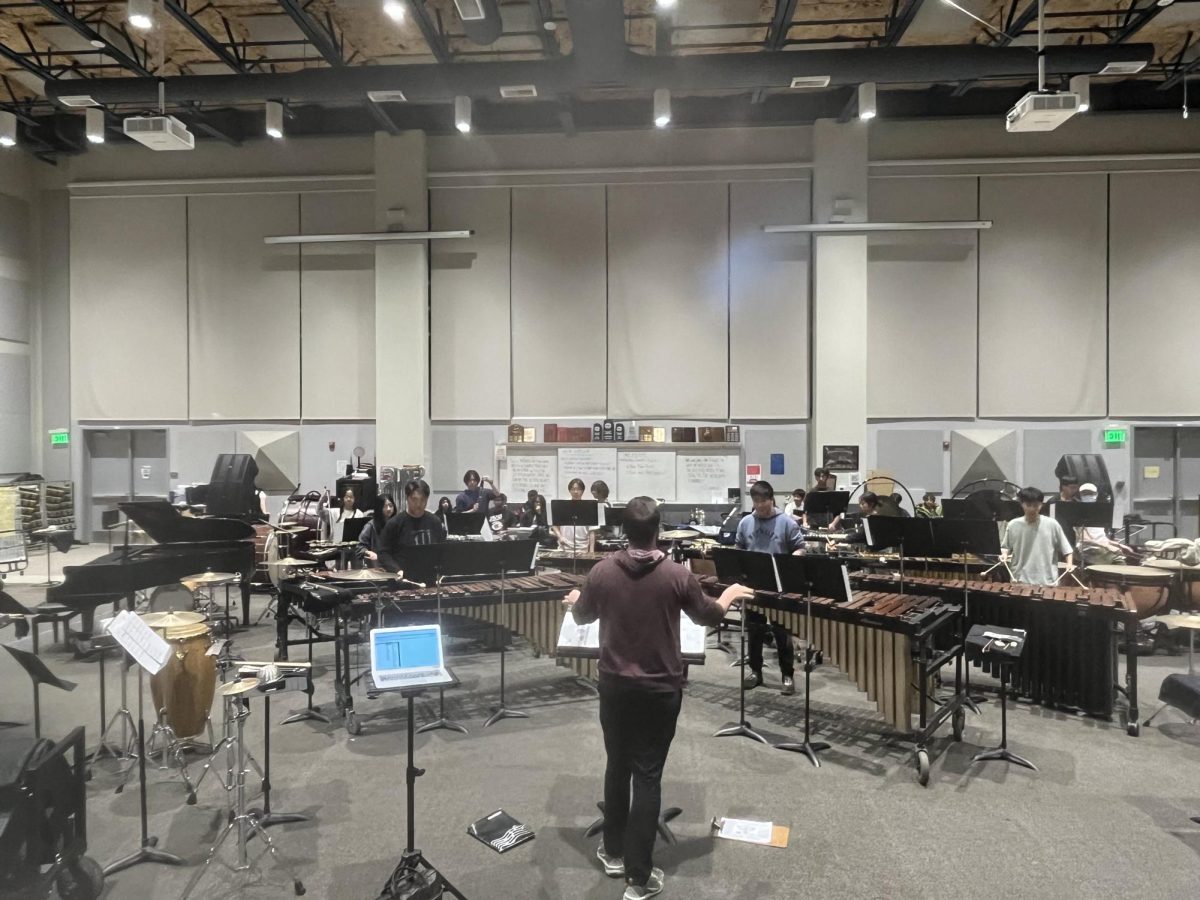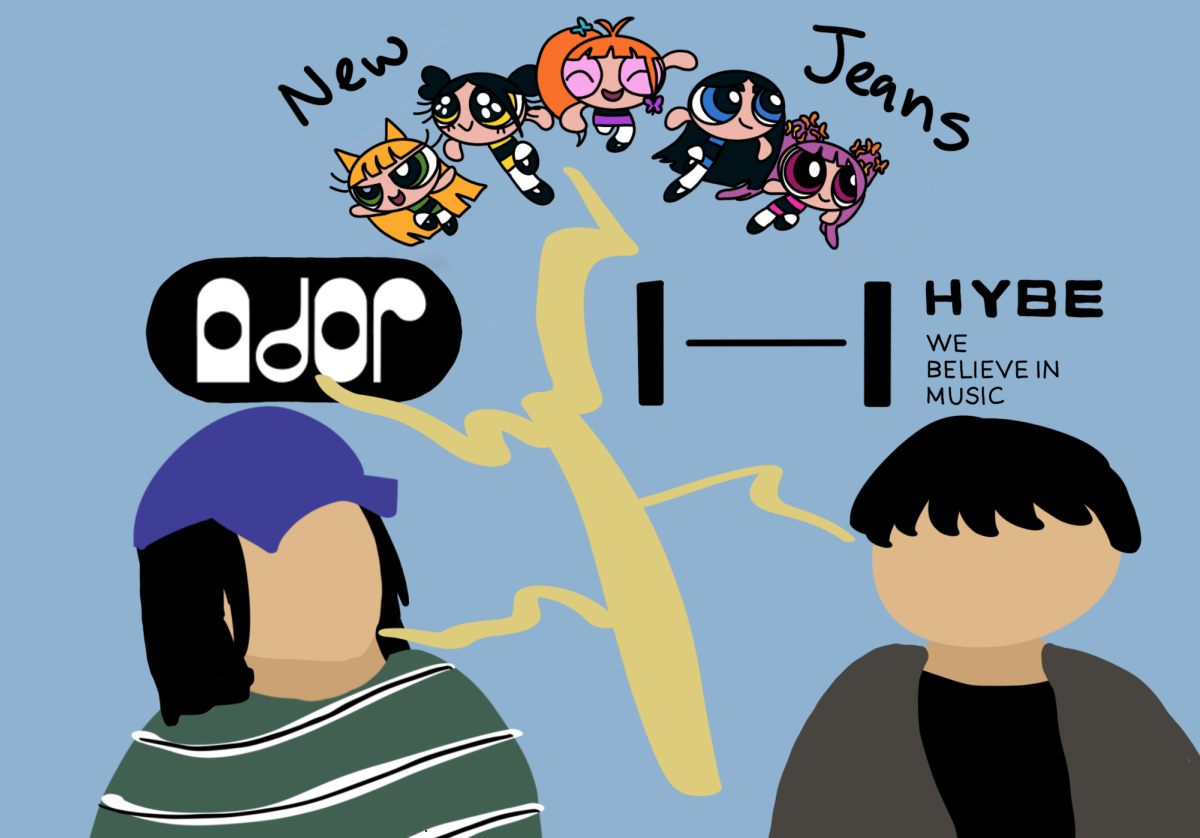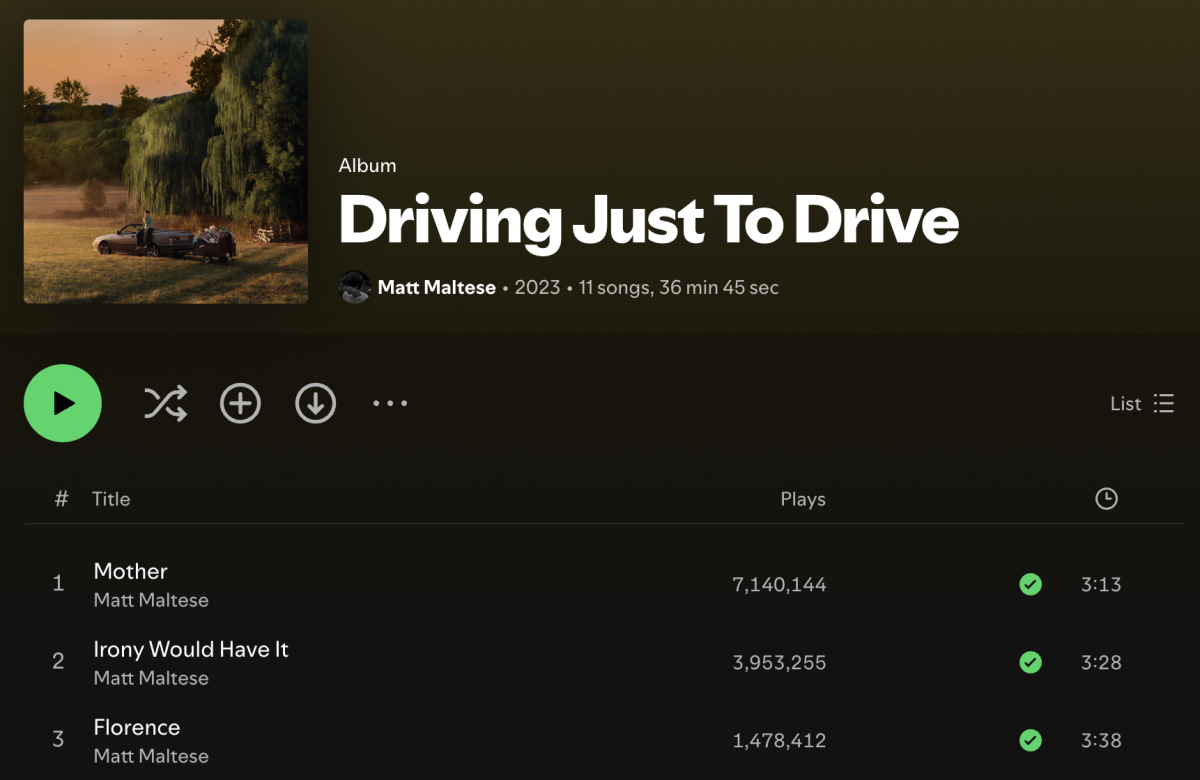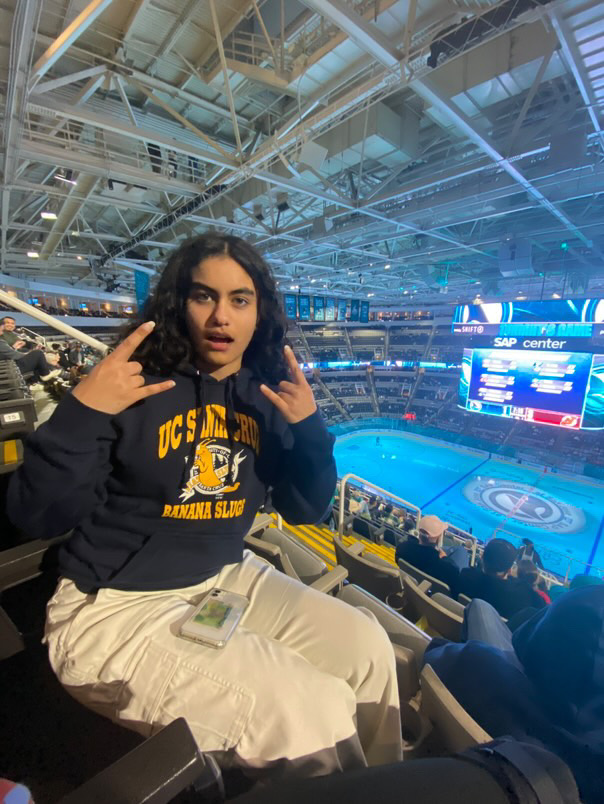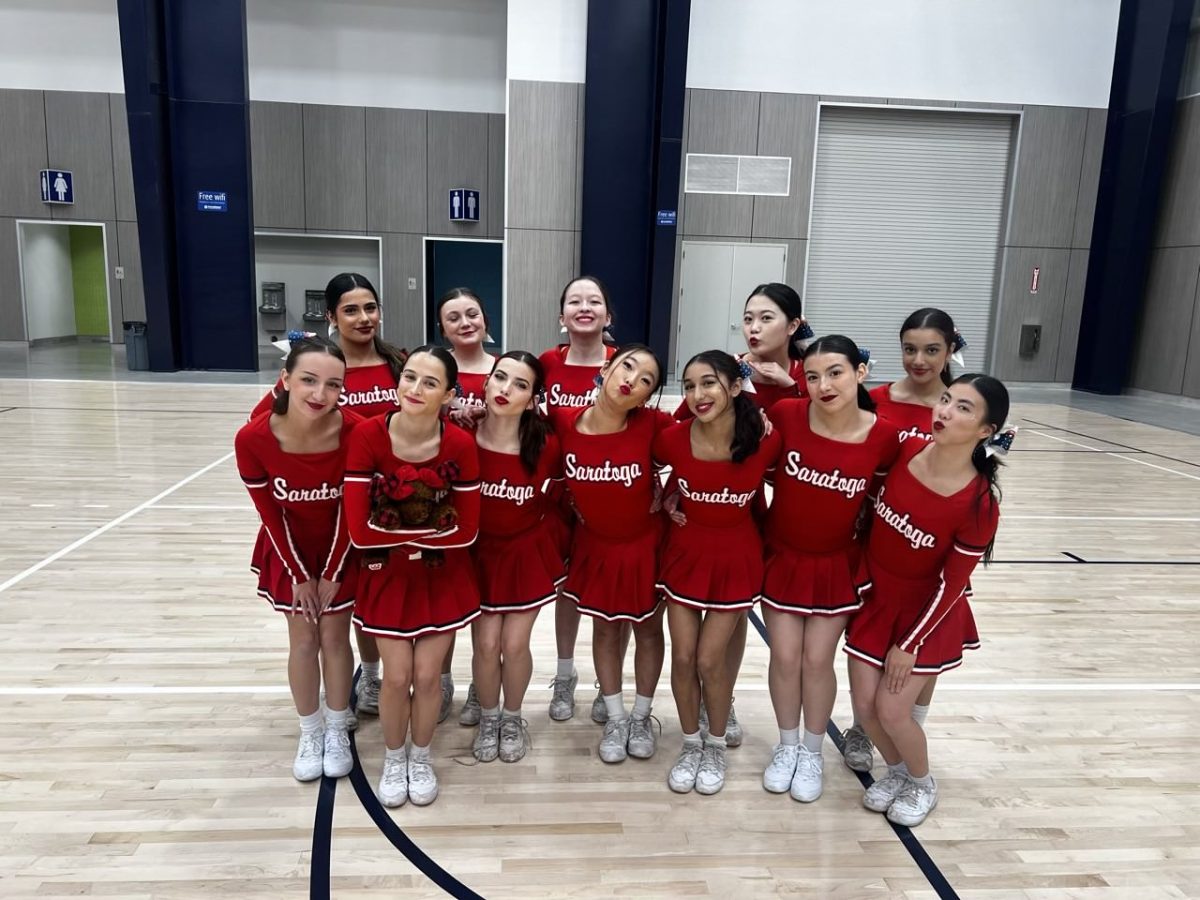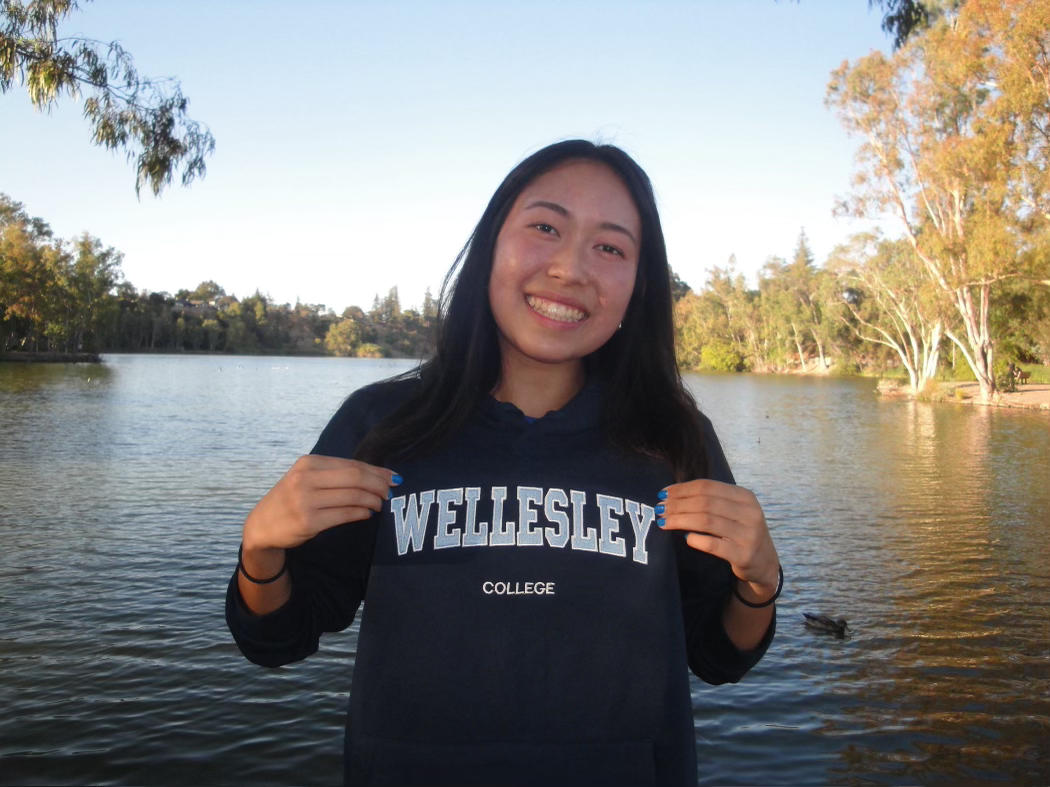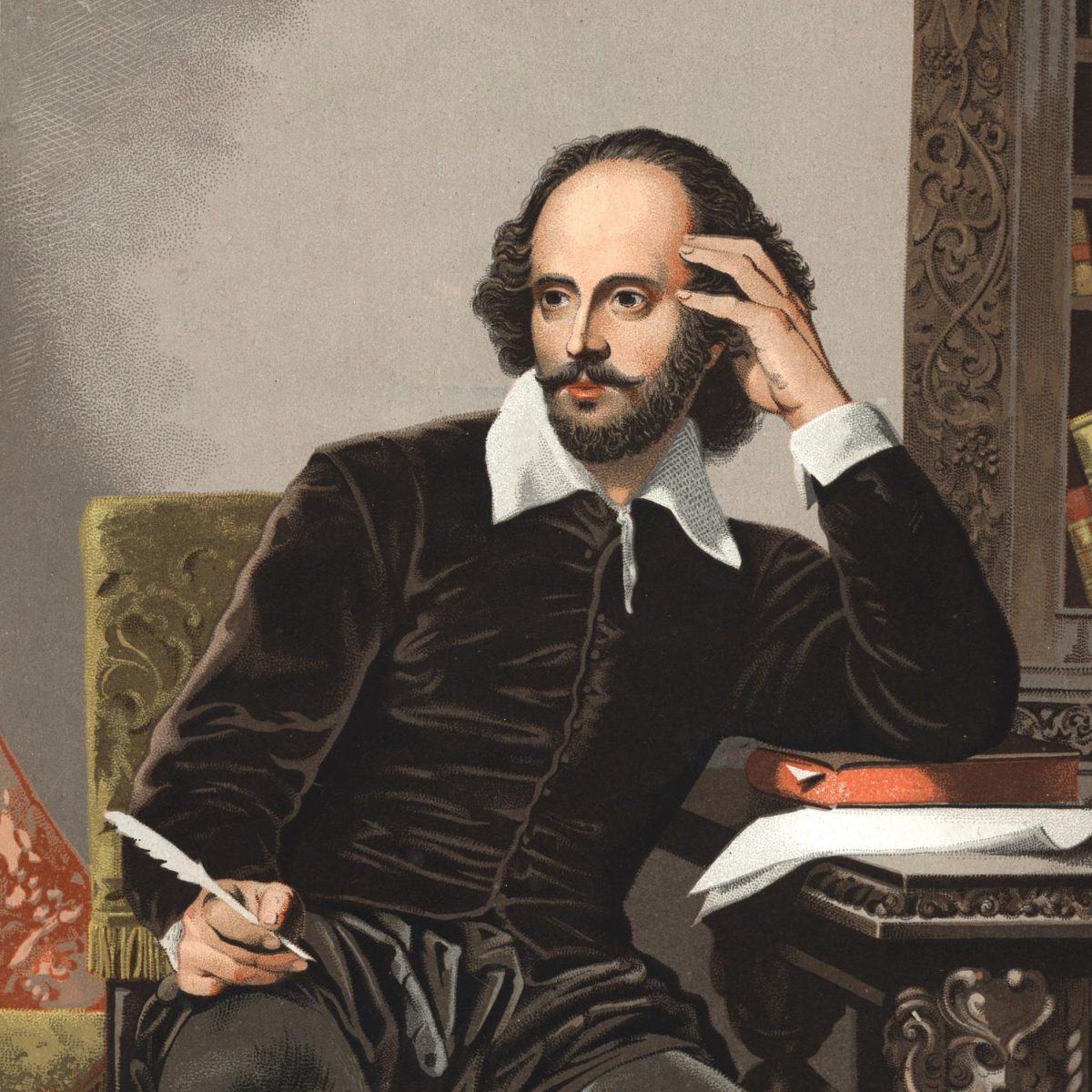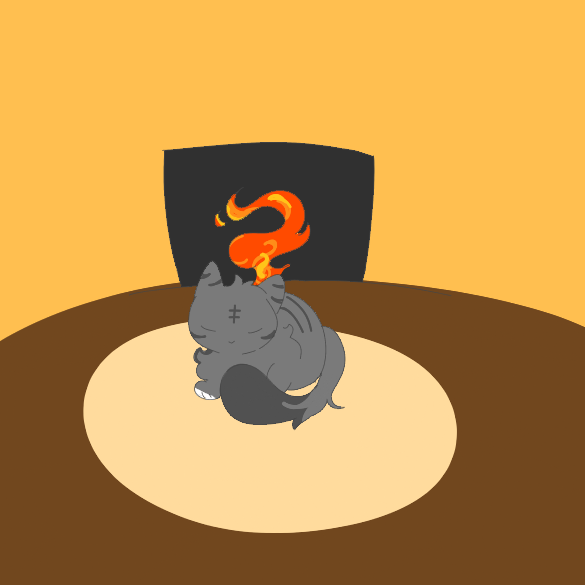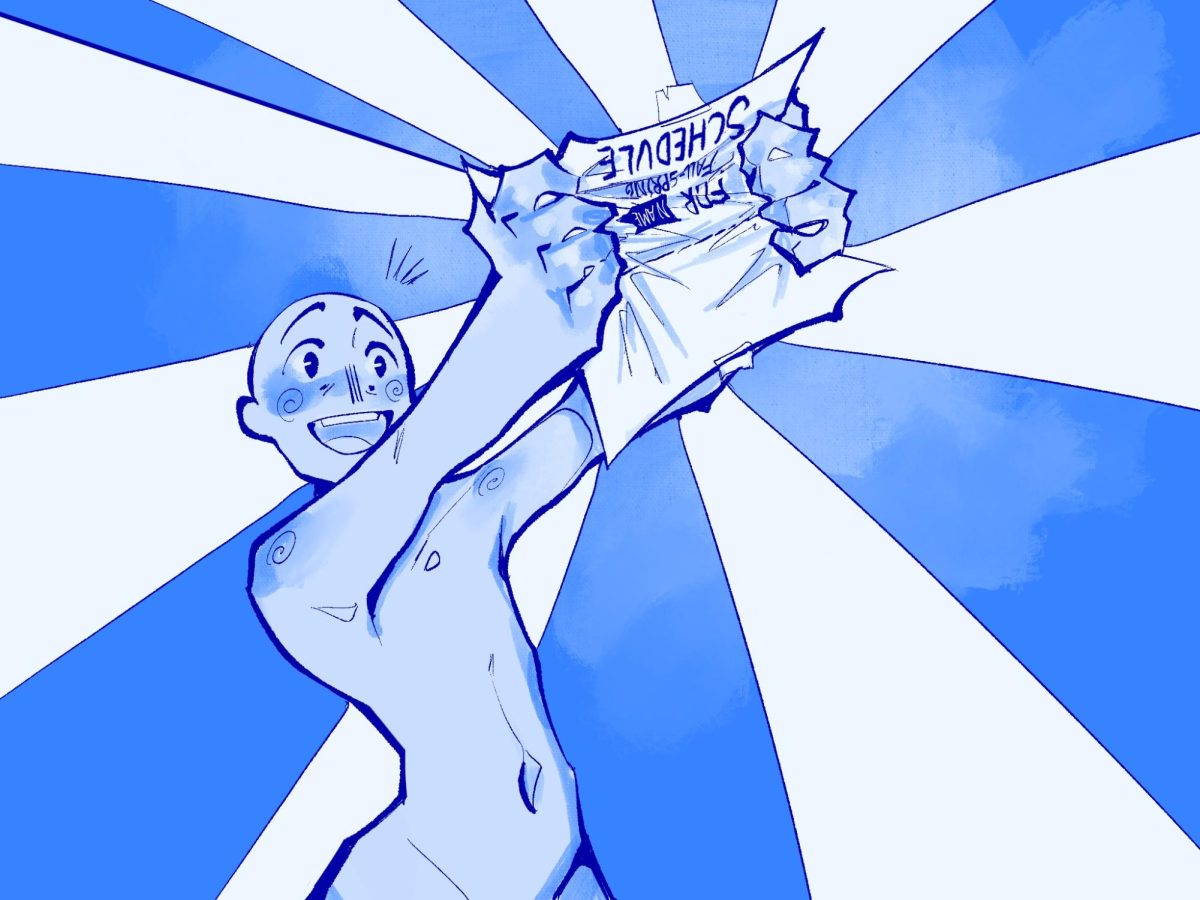Nearly halfway through the first semester, students walking into the main office can expect to see a new face with a bright smile and towering figure: Guidance counselor Toni Jones formally joined the school community on Oct. 3, replacing former guidance counselor Monique Young.
Young left the school in late August after 11 years at the school to move out of the area.
Hiring Jones helped resolve a challenging situation posed when Young’s students did not have a guidance counselor to work with between early September and October. Jones will be responsible for guiding underclassmen with last names beginning with A to F and upperclassmen with last names beginning with A to G.
Principal Greg Louie, who was Young’s guidance partner in the past few years, praised her efforts to help her students as best she could as she left the school.
“Ms. Young is a fantastic school counselor who loves her family and her friends,” Louie said. “Working with her was great. She was always dedicated to the well-being of our students and loved our Dance team. Filling Ms. Young’s shoes will be a challenging endeavor.”
Young helped manage many schedule requests and wrote letters of recommendation for some of her senior students before she officially left on Aug. 31.
The vacancy was posted on the education job site EdJoin as a full-time position on Aug. 25, and three candidates were interviewed on Sept. 8, Louie said. After reference checks were conducted that weekend, the position was offered to Jones on Sept. 11, and she officially joined the counseling team on Oct. 3.
Between Young’s departure and Jones joining the team, each of the three remaining counselors — Eileen Allen, Brian Safine and Frances Saiki — took additional responsibility to support her students with schedule requests and college application concerns with her seniors. While Safine said that he is getting to know Young’s students, a process that equates to an extra three hours each week, he said he is also looking forward to working with Jones.
Jones will be caring for her students’ scheduling issues, seniors’ college application materials and other academic and behavioral support. The other three counselors, along with administrators Abra Evanoff, Kristen Cunningham, Matt Torrens and Louie will be authoring many college letters for seniors. Jones will write letters for any seniors who need them and haven’t already been assigned to one of her seven colleagues.
“I’m learning a lot each day, but it’s primarily a matter of learning Saratoga High systems,” Jones said. “The general senior support practice has proven very familiar.”
Over the past 16 years, Jones has worked as a university adviser at five schools in three different continents. She said her decision to join each school was largely motivated by the personal goals she hoped to achieve at each institution.
With experience spanning from Minnesota to Brazil to Hong Kong, Jones has worked with a wide range of students and environments, each of which has helped shape her counseling philosophy.
“A goal of mine is to pull some of the fabulous professional practices [working with a team of eight counselors] that I gathered in Hong Kong and to use them here because they worked so well, while also relinquishing anything that doesn’t align with this environment,” Jones said. “And always, getting to know students and figuring out how I can best support them to make sure they feel comfortable coming [to my office].”
Discovering her passion for counseling
During her undergraduate years at Emory University, Jones earned a Bachelor of Arts degree in English, concentrating in African-American Literature, and a minor in Portuguese/Brazilian studies. Her academic interests were heavily motivated by her high school experience — she always had an aptitude for the language component of writing in high school and thus decided to pursue an English major.
Her interest in Portuguese/Brazilian studies sprung from Spanish classes in high school. Jones recalls seeing a large map of South America in her classroom, with a “massive country grayed-out” and unacknowledged by the curriculum. As a result of her curiosity about Brazil, Jones ended up taking Portuguese language courses while she studied abroad in Rio for six weeks during her undergraduate years.
The connections Jones developed with her professors in her classes also led her to pursue a concentration in African-American Literature.
“I found myself in courses with many of the same professors, many of whom were Black professors who allowed for a different level of mentorship and care, a sensitivity that I wasn’t feeling from all of my other professors,” she said.
The inspiration she gained from attending campus visits and talks with prominent scholars, including poet Rita Dove, Pulitzer Prize-winner Alice Walker and professor Lawrence Jackson — whom she worked with closely for a Chester Himes biography project — allowed for a “phenomenal graduate-level experience” that later inspired her to pursue a Ph.D. in American Studies at the University of Minnesota under a scholarship grant.
Her decision unexpectedly led her to discover a career in counseling.
“Because I had so little of what I needed in terms of feeling seen as a high-achieving young Black student and so little African-American literature and history, I was really inspired to pursue doctoral studies,” Jones said. “I later felt like academia didn’t matter enough for me, and after my campus counselor suggested I take up a job at the student-athlete academic center, I found that I was more interested in working with and supporting people.”
Additionally motivated by her experience with high school students working as an admission adviser at Emory as an undergraduate, Jones transferred out of her American Studies program and into a master’s degree program at the University of Minnesota for counseling psychology.
While pursuing her master’s, Jones felt a much stronger sense of community. She constantly found herself eager for opportunities in counseling psychology, which she noted as a clear indication that counseling was a “much better alignment” for her.
“I feel like [my experience] was a really important tale that you can have a passion and aptitude for something, but that doesn’t necessarily mean that’s what you need to pursue as a career in terms of overall satisfaction,” Jones said. “Knowing what you are interested in can help inform the next steps, but I always try to encourage students to keep the blinds open, because having tunnel vision can obscure all these fabulous things that could be great for us.”
Working as a university adviser in three countries
After earning her Master of Educational Psychology, Jones became a university adviser and high school counselor at the nearby Edina High School in Edina, Minnesota.
However, she quickly discovered that she wasn’t learning as much as she could while working with five veteran counselors, as systems were clearly established. Hungry for international experiences, she became a university adviser and high school counselor at Escola Americana Do Rio Janeiro in Rio, Brazil. There she was exposed to the International Baccalaureate (IB) curriculum, which she loved for its holistic approach and self-directed learning.
After working autonomously in Rio for two years, however, Jones longed to work in a team. In 2019, she joined a high school in Hong Kong as part of a team of eight counselors.
While she said it was “incredibly difficult” to make decisions with a large team, she learned to be more inclusive while evaluating multiple perspectives, and her experience reinforced the values of teamwork and collaboration.
“Going to [Hong Kong] with a veteran counseling partner, I felt a bit insecure and was reluctant to collaborate as much as I could have initially, but I discovered that wasn’t the case,” she said. “Different personalities have different preferences. I developed a bit more confidence in myself, and I feel like I’m a better team member after years of practicing with an eight-person team. [Hong Kong] has shown me that there are so many different ways and means to collaborate.”
Similarly, Jones views counseling as a collaboration between her, her students and their parents. Her experience in Hong Kong has been critical to helping her identify whether students need someone to just talk to, help with problem-solving or both.
“I’m an optimistic counselor about problem-solving. I’m very happy to listen to and sit with concerns and frustrations,” Jones said. “I’ve used [counseling] as a collaborative effort and a two-way street with students. Sometimes they come to me and say, what do you recommend? Ultimately, that decision is theirs to make, so I try to provide options and information to help students identify what potential outcomes can be, and then leave it in their hands and the hands of their family.”
While Jones will sometimes make suggestions, she includes students in counseling sessions with parents for important decisions that may have a potentially significant impact on a student’s future.
“It’s really about having this patience as a counselor and meeting a student where they are at that moment, serving their current levels of stress,” Jones said. “I try my best to work with what each student presents me.”

